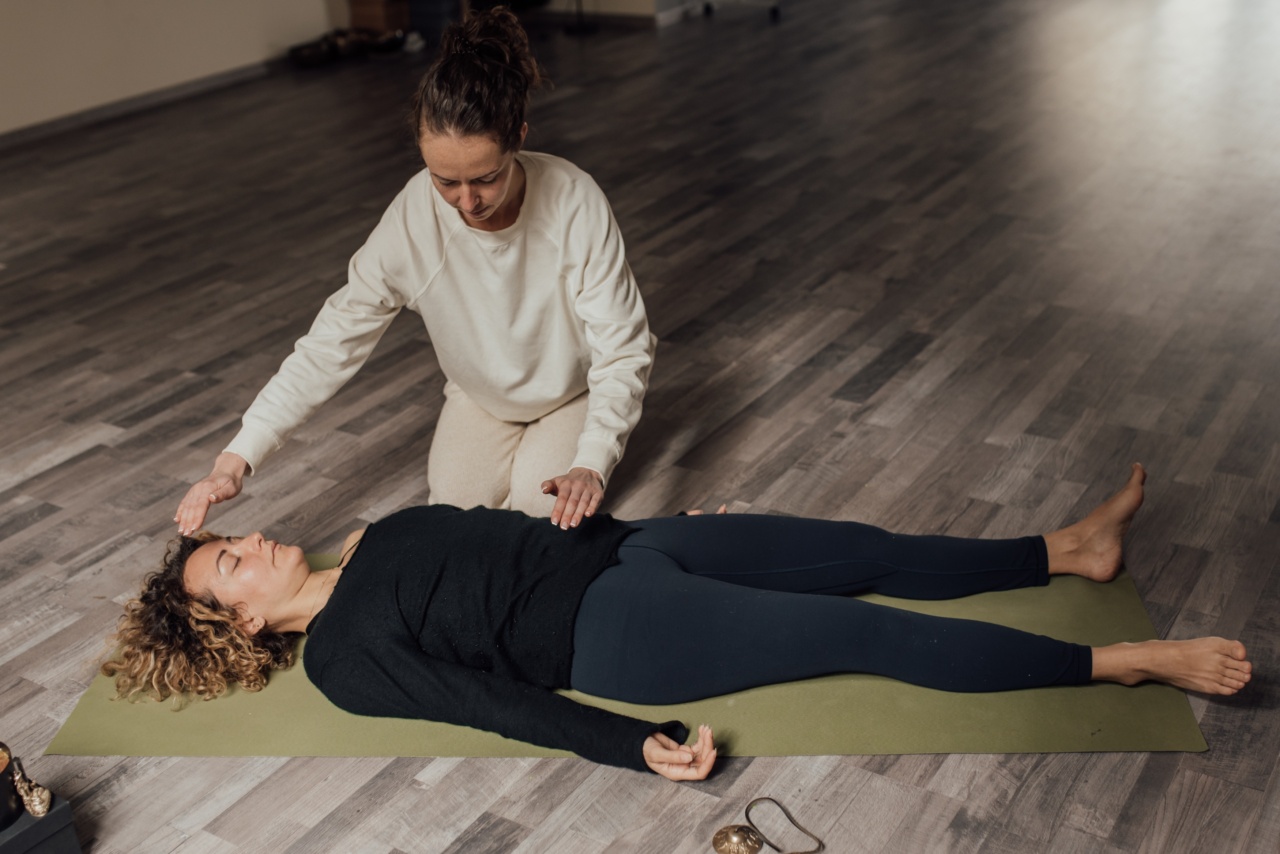Do you often find yourself struggling to breathe through your nose? Nasal congestion can be a real nuisance, making it difficult to sleep, concentrate, or even enjoy a meal. Luckily, there are plenty of ways to find relief and breathe easy.
In this article, we will explore 30 nose relief techniques that can help you clear your nasal passages and improve your overall breathing.
1. Steam Inhalation
One of the simplest and most effective ways to clear your nose is through steam inhalation. Boil some water in a pot, add a few drops of essential oils like eucalyptus or mint, and then lean over the pot with a towel draped over your head.
Inhale deeply and let the steam work its magic in decongesting your nasal passages.
2. Saline Nasal Sprays
A saline nasal spray is a natural and safe way to moisturize and clear your nasal passages. Use a saline spray multiple times a day to relieve congestion and facilitate easier breathing.
3. Neti Pot Rinse
Using a neti pot with a saline solution can effectively flush out excess mucus and clear your nasal passages. Lean over a sink, tilt your head to one side, and gently pour the saline solution into one nostril.
Let it flow out of the other nostril and repeat on the opposite side.
4. Warm Compress
Applying a warm compress over your sinus area can help relieve congestion and open up your nasal passages. Simply wet a washcloth with warm water, squeeze out excess water, and place it over your nose and forehead for a few minutes.
5. Stay Hydrated
Drinking plenty of fluids, especially warm liquids like herbal tea or soup, can help thin out mucus and make it easier to breathe. Stay hydrated to keep your nasal passages moist and to reduce congestion.
6. Elevate Your Head
Keeping your head slightly elevated while sleeping or resting can help prevent nasal congestion. Use an extra pillow or elevate the head of your bed to allow better drainage and easier breathing.
7. Use a Humidifier
Dry air can irritate your nasal passages, leading to congestion. Use a humidifier in your bedroom or office to add moisture to the air and alleviate nasal symptoms.
8. Avoid Allergens
If you have allergies, it’s important to identify and avoid triggers that worsen your symptoms. Common allergens include pollen, dust mites, pet dander, and certain foods. Minimizing exposure to these allergens can help reduce nasal congestion.
9. Nasal Strips
Nasal strips are adhesive strips that you can apply on the outside of your nose. They work by gently lifting the nostrils, helping to open up the nasal passages and improve airflow.
10. Essential Oils
Some essential oils have properties that can help alleviate nasal congestion and promote easier breathing. Peppermint, eucalyptus, and tea tree oil are known for their decongestant properties.
Dilute a few drops of the oil in a carrier oil and apply it to your chest, temples, or breathe it in through steam inhalation.
11. Try Acupressure
Acupressure involves applying pressure to specific points on the body to stimulate healing and relieve symptoms.
Apply gentle pressure to the points located on the bridge of your nose, beside your nostrils, or on your cheekbones to find relief from nasal congestion.
12. Facial Massage
Massaging your face can help improve circulation and reduce nasal congestion. Use your fingers to apply gentle pressure in circular motions around your sinuses, temples, and cheeks.
13. Exercise Regularly
Moderate exercise can help improve nasal congestion by increasing blood flow and reducing inflammation. Engage in activities like brisk walking, jogging, or swimming for at least 30 minutes a day.
14. Quit Smoking
Smoking irritates the nasal passages and can worsen congestion. Quitting smoking not only improves your overall health but also reduces nasal symptoms.
15. Stay Away from Irritants
Avoid exposure to irritants like strong chemicals, perfumes, or smoke, as they can irritate your nasal passages and trigger congestion.
16. Use a Warm Mist Vaporizer
Like humidifiers, warm mist vaporizers add moisture to the air, but they release warm steam. Breathing in warm mist can help soothe and clear your nasal passages.
17. Stay Away from Cold Air
Cold air can constrict blood vessels and worsen nasal congestion. Wear a scarf or mask over your nose when going outside in cold weather to help keep your nasal passages warm and protected.
18. Nasal Irrigation
In addition to using a neti pot, you can also try nasal irrigation using a bulb syringe or squeeze bottle. This helps flush out mucus and reduce congestion.
19. Nasal Breathing Exercises
Practice nasal breathing exercises to strengthen your nasal passages and improve airflow. Close your mouth and take slow, deep breaths through your nose.
20. Maintain a Clean Environment
Regularly clean your living space to reduce dust, pet dander, and other allergens that can trigger nasal congestion. Vacuum carpets, dust surfaces, and wash bedding frequently.
21. Over-the-Counter Nasal Sprays
Over-the-counter nasal sprays can provide temporary relief from nasal congestion. Look for sprays that contain decongestants like oxymetazoline or phenylephrine, but use them sparingly to avoid dependence.
22. Use a Eucalyptus Inhaler
Eucalyptus inhalers are small tubes filled with eucalyptus oil that you can sniff to clear your nasal passages. They are portable and easy to use whenever you need quick relief.
23. Avoid Alcohol and Caffeine
Alcohol and caffeine can dehydrate your body and worsen nasal symptoms. Limit your intake of these substances to improve your overall breathing.
24. Take a Hot Shower
A hot shower can help moisten your nasal passages and alleviate congestion. Breathe in the steam and let it work its magic.
25. Nasal Dilators
Nasal dilators are small devices that you insert into your nostrils to keep them open and improve airflow. They can be helpful for people with chronic nasal congestion.
26. Stay Away from Spicy Foods
Spicy foods can trigger nasal congestion and runny nose in some people. Avoid or reduce your intake of spicy foods if they worsen your symptoms.
27. Take Over-the-Counter Antihistamines
If your nasal congestion is due to allergies, over-the-counter antihistamines can provide relief. They help reduce inflammation and block the effects of histamine on your nasal passages.
28. Stay Relaxed
Stress can worsen nasal congestion. Practice relaxation techniques like deep breathing, yoga, or meditation to keep your stress levels in check and improve your breathing.
29. Avoid Sleeping on Your Back
Sleeping on your back can cause the tongue to block the back of your throat, leading to mouth breathing and nasal congestion. Try sleeping on your side to encourage breathing through your nose.
30. Consult a Doctor
If your nasal congestion persists despite trying various home remedies, it’s essential to consult a doctor. They can identify any underlying issues and provide you with appropriate medical treatment.




























